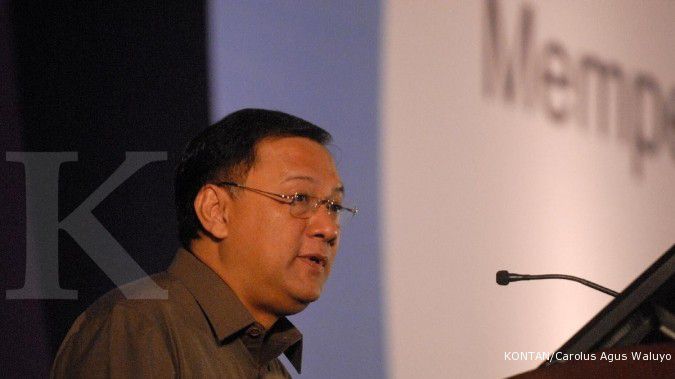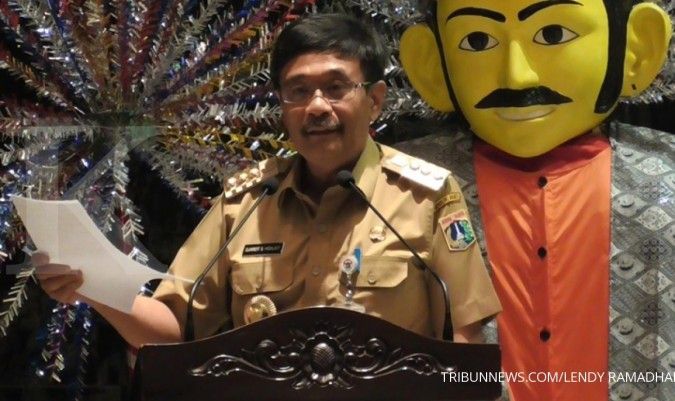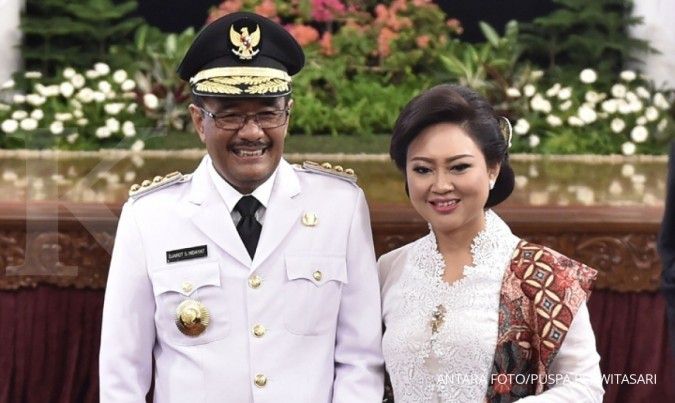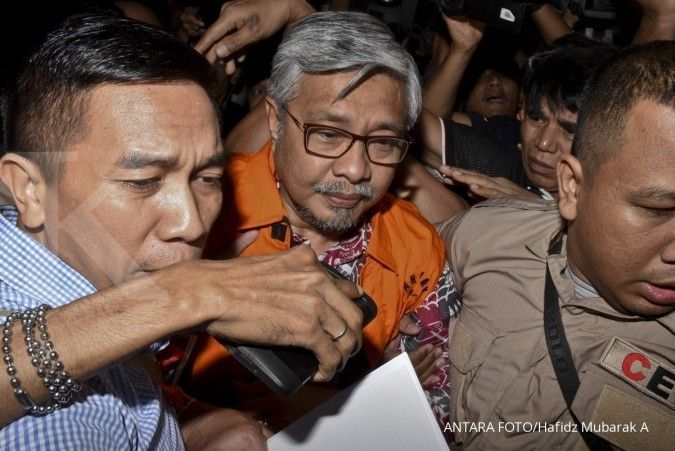ANIES BASWEDAN - JAKARTA. Jakarta officially welcomed a new governor, Anies Baswedan, on Monday. Amid the celebration, Anies’s first speech created controversy after he called on the capital’s pribumi (native Indonesians) to play a larger role in Indonesia.
Since last night, the country’s netizens have been sharing their opinion on social media.
Despite the controversy, let us brush up on the history of pribumi.
It is common knowledge that Indonesia is a culturally diverse country as the archipelago is blessed with hundreds of ethnicities and around 700 languages.
But who are the native Indonesians?
In 1854, the Dutch coined the term pribumi for its three-tiered racial classification, using it to describe Indonesians and placing them below European and Foreign Oriental races, such as the Chinese, Arabs and Indians.
Kompas.com reported that the word was commonly used to describe people who had been inhabiting one area for generations. For Indonesian natives, science proved the opposite.
Eijkman Institute researcher professor Herawati said that there was no dominant gene in the western and eastern parts of Indonesia. Meanwhile, in the northern part, the dominant gene was the Austroasiatic gene, followed by Austronesians.
The genetic mixture was the result the human migration, namely earliest human, Austroasiatic and Austronesians migrations.
Moreover, as the archipelago is nestled between the Indian and Pacific oceans, the country was once a trading center, creating a greater mixture of genes.
In 2017, Herawati and her colleagues from the Indonesian Academy of Sciences (AIPI) studied 500 DNA samples from 25 regions in Asia. She discovered that when one’s DNA is tested, the result shows a mixture of Chinese, Indian and European genes. (jes/kes)
/2017/10/16/283587660.jpg)













